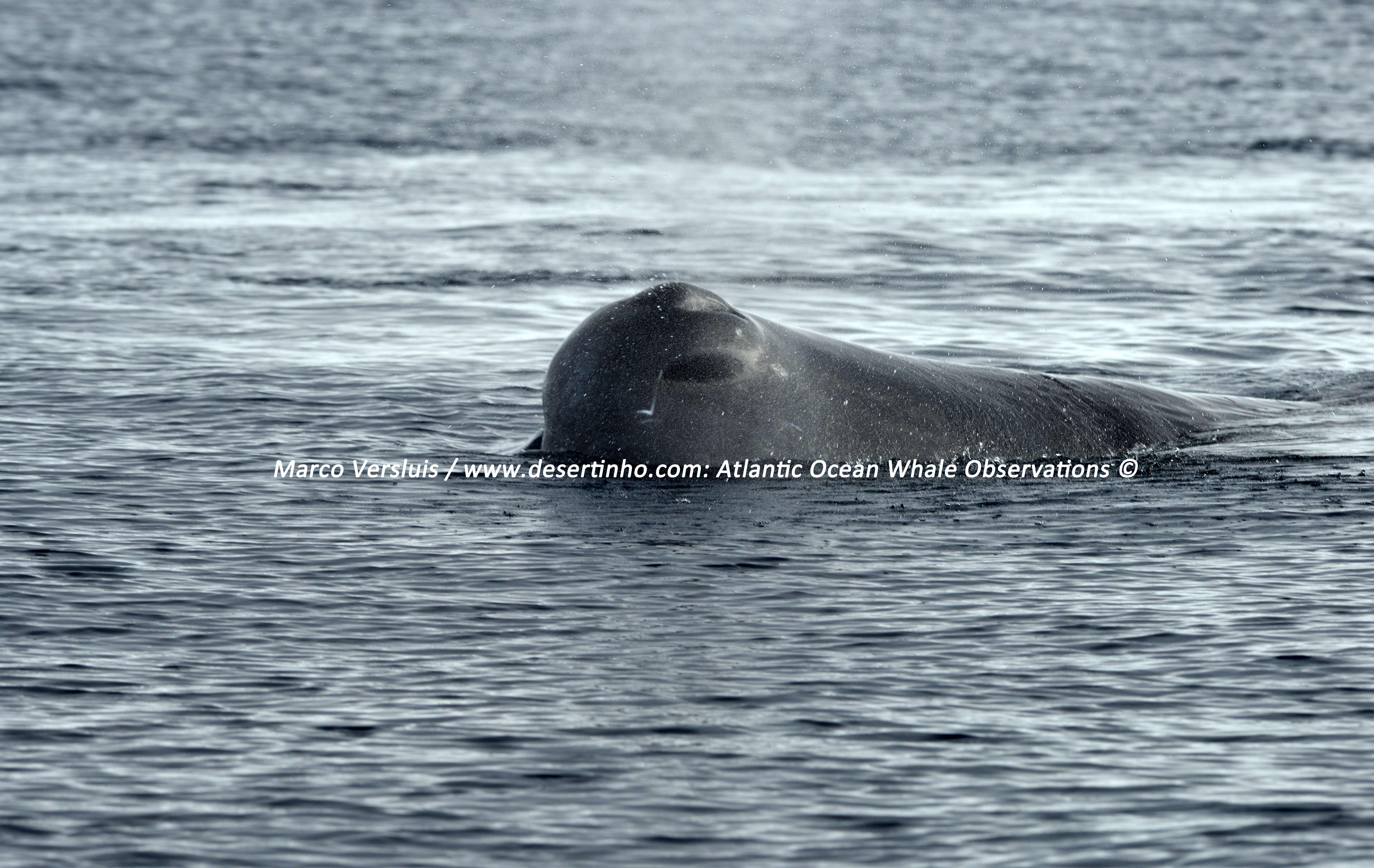

A closer look at the neuroanatomy of the human and whale brain reveals that the whale cerebral cortex is much more convoluted than the human cortex. It wasn't the new environment alone that spurred the big brain. This sinks the idea that transformation to an aquatic lifestyle inflated the whale brain. By carefully examining the fossil record she found that the sudden boost in brain size in ancestors to modern whales came 10 million years after their ancient ancestors became fully aquatic. Jettisoning legs, transforming forelimbs into flippers, moving the nostril to the top of the head, developing sonar, underwater vision and hearing - these evolutionary advances raise the question of whether the process of becoming fully aquatic might have been related to the very large brain of whales. Dramatic transformations in physiology and body structure were required to realize the hippo's dream of roaming supreme in the ocean. "Adaptation of cetaceans to a fully aquatic lifestyle represents one of the most dramatic transformations in mammalian evolutionary history," Dr. Enormous evolutionary changes were required to transform a bog-dwelling tetrapod into a streamlined ocean-going Leviathan. The hippo's brain-to-body ratio is unimpressive for a mammal, 1.27, (similar to that of many sharks) nevertheless this modest brain is adequate for the cerebral challenges of a mud-wallowing life-style. But consider the whale, whose closest living ancestor is the hippopotamus. Never mind that our DNA differs from the chimp's by only 2 percent just look at how our head swelled, in only 3 million years, from the puny 380-cubic-centimeter brain of "Lucy", Australopithecus afarensis, to the modern 1300-cubic-centimeter cranial capacity of Homo sapiens. Humans are widely considered the most highly evolved species. Lori Marino of Emory University takes a look at the paleontological evidence. A look backwards In her new paper in PLOS Biology, Dr. It is going to take more than a meat scale to distinguish any difference in the intellectual power between these brains. All this calculation does is bring us back to where we started - humans and whales have very big brains. No one thinks tree shrews are intellectual giants. Okay, tree shrews have the biggest brain-to-body ratio because they have such tiny bodies. well, the tree shrew, followed by humans and then porpoises. You need to take into account brain-to-body size. Porpoises and elephants, fellow mammals known for their extraordinary mental abilities, also have bigger brains than we humans. This is equivalent to the difference in engine displacement (the space in the cylinders) of a 1960s VW beetle compared with two and a half Formula One race cars. Our brain is about 1300 cubic centimeters. The adult sperm whale brain is 8,000 cubic centimeters. Size matters, but it's not everything The largest brain on earth belongs to the sperm whale, the same species as the main character in Melville's yarn. What they find is helping separate fact from fiction. We're closer to answering such questions now, for a couple of recent papers address them squarely. Just how smart are whales? Why do they have such big brains? Bigger is not always better maybe the inflated whale brain is not very sophisticated on a cellular level. Whales, not people, have the biggest brains of any animal on earth. The fact is, people do not have the largest brains on the planet, either in absolute size or in proportion to body size. Yet the biological facts don't quite square with Homo sapiens' arrogance. We never seem to tire of bragging about how our supreme intelligence empowers us to lord over all other animals on the planet. We humans pride ourselves on our big brains. "From Hell's heart I stab at thee!" Gulp. Moby clipped off one of the captain's legs and then, years later, in a brilliant move of cetacean jujitsu, drowned poor Ahab by towing him into the abyss by the harpoon rope tangled around Ahab's remaining leg. "Truth uncompromisingly told will always have its ragged edges." Herman Melville.Ĭall me Ishmael for making conjectures unflattering to humankind, but could Moby Dick have been smarter than captain Ahab? Melville certainly seemed to think so. Does that mean they're smarter?įigure from " Cetaceans Have Complex Brains for Complex Cognition," Marino et alia, PLOS Biology Of Whales and Men Cetacean brains, such as those of dolphins (left) and humpback whales (right), have even more cortical convolutions and surface area than human brains do.


 0 kommentar(er)
0 kommentar(er)
